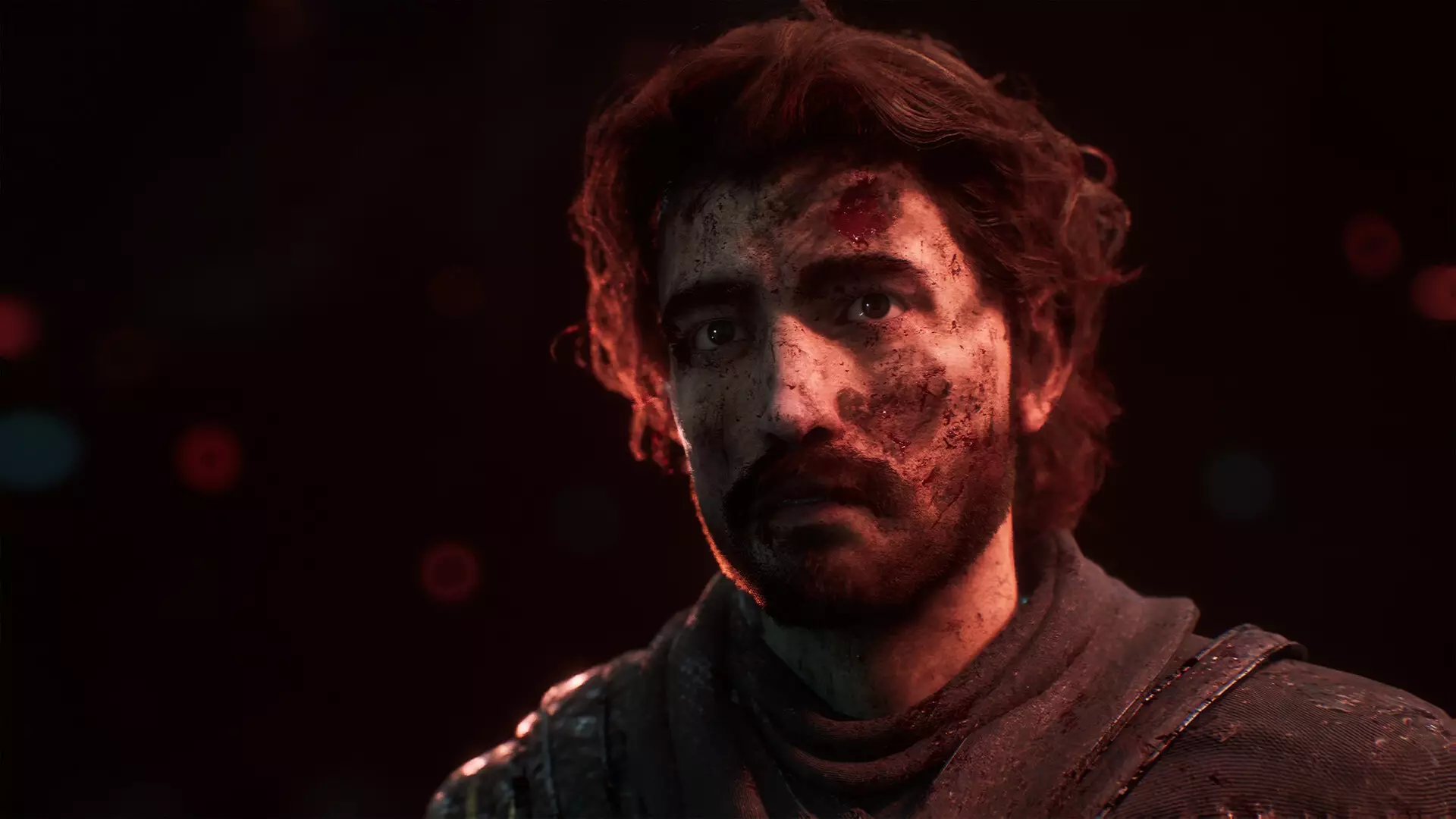In the realm of video games, we often witness a stark juxtaposition between gargantuan AAA titles and the nimble indie projects that pepper the gaming landscape. However, Shuhei Yoshida, the former head of PlayStation, has recently drawn attention to an exciting middle ground: AA games. His enthusiasm for the JRPG *Clair Obscur: Expedition 33* marks a pivotal moment in gaming conversation. Amidst the looming specter of the much-anticipated *Oblivion Remastered*, *Clair Obscur* has risen not just to survive the competition, but to thrive. The game’s success indicates a market readiness for innovative storytelling and gameplay that doesn’t necessarily have to rely on vast budgets or extensive development teams.
With a modest price tag of $50, compared to the $80 sticker shock from many Xbox and Nintendo offerings, *Clair Obscur* presents an accessible entry point for gamers. Yoshida contends that this affordability, paired with AAA ambition and a distinctly indie spirit, is a winning formula. The narrative that emerges from this discussion emphasizes a pressing need for the gaming industry to reassess its priorities—delivering not merely lengthy experiences, but meaningful ones.
Quality Over Quantity: The Shift in Gamers’ Expectations
Today’s players are experiencing a shift in their entertainment preferences. There’s a growing disillusionment with the tradition of sprawling, drawn-out AAA games. Yoshida articulates this emerging perspective poignantly, saying, “I’m starting to lose interest in overly long AAA games because you never see the end of them!” This sentiment resonates deeply in a world that often prioritizes quantity over quality. Games like *Clair Obscur* encapsulate the idea that immersive storytelling and rich gameplay can exist within a more streamlined format, allowing players to fully engage without the need for endless gameplay hours.
Moreover, Yoshida’s assertion that *Clair Obscur* captures both the ambition of AAA titles and the creativity typically associated with indie productions is significant. It challenges industry norms and encourages developers to explore this hybrid model. By fostering innovation in budget and scale, titles like *Clair Obscur* pave the way for others to follow suit, allowing for a healthier diversity within gaming experiences.
The Future of Game Development: A Call for the AA Renaissance
As Yoshida underscores, the rising production costs of games create a precarious environment for developers. AAA titles, such as the upcoming *GTA 6*, often come with bloated budgets that necessitate vast sales to break even. This can stifle creative ambition, pushing developers into a formulaic approach driven by perceived consumer preferences. Yet, Yoshida’s praise for *Clair Obscur* suggests that this doesn’t have to be the case.
The dynamic between expansive franchises and AA titles highlights a critical reflection of development methodologies. This is a call to arms for enormous studios to appreciate smaller, well-crafted experiences rather than solely fixating on blockbuster sales. *Clair Obscur* is an inspiring case study; developed by a dedicated team of only 33 individuals, it showcases what a tight-knit group can achieve through shared vision and creative freedom. Yoshida suggests that the industry might thrive by “striking the perfect balance” between grand ambitions, budget constraints, and independent creativity.
Championing the AA Movement in Gaming Culture
There’s a palpable sense of urgency surrounding Yoshida’s advocacy for the AA sector; he believes it’s time for this segment of the gaming industry to reclaim its rightful place in the market. As the ecosystem has become increasingly dominated by a few high-budget blockbusters, we may have lost sight of the rich narratives and diverse gameplay experiences that smaller studios can offer. *Clair Obscur* is a beacon of hope, demonstrating that games can be both visually stunning and engaging without necessitating the massive scale of larger projects.
Yoshida’s sentiments reflect a collective yearning among gamers and developers alike for a renaissance of the AA game. It’s a chance for storytelling rooted in creativity rather than just commercial viability. If developers take these insights to heart, we might very well see more titles like *Clair Obscur*—games that fulfill the promise of rich, enjoyable gameplay combined with affordability and accessibility. Thus, in this evolving landscape, the industry’s potential to foster creativity over commercialism may very well redefine what a truly great gaming experience can be.

